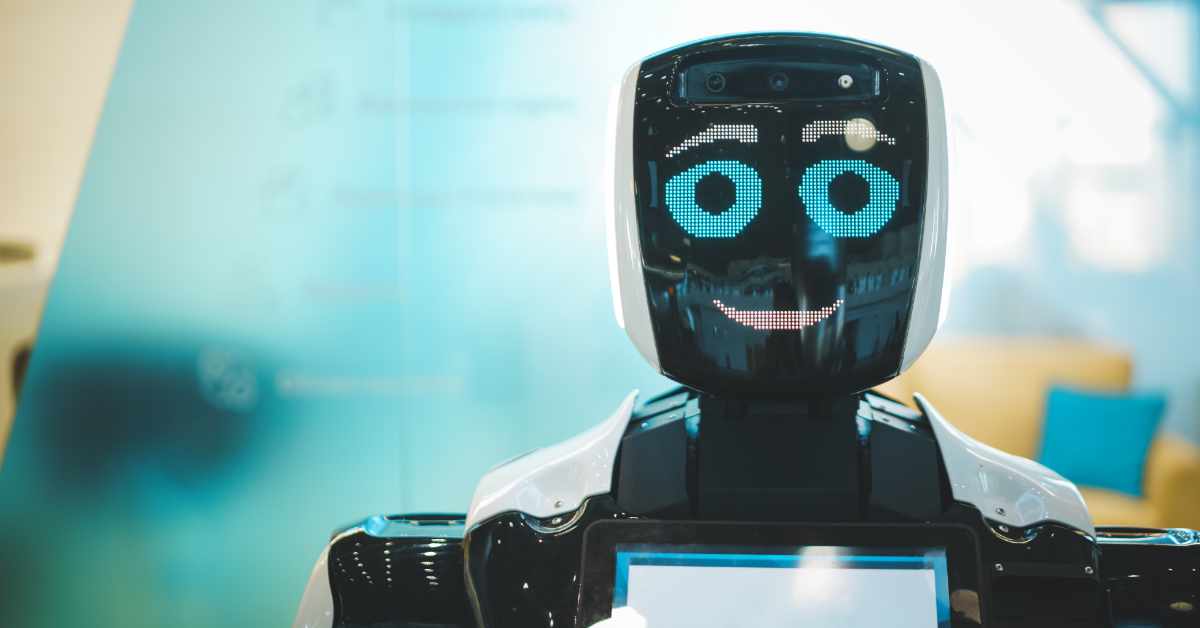The last 15 years have brought what Stanford University professor Erik Brynjolfsson calls the “productivity paradox.” While there’s been continuing advances in technology, such as artificial intelligence, automation, and teleconferencing tools, the U.S. and other countries have seen flagging productivity.
He pointed to advances in technology, particularly artificial intelligence programs that are as good as — or better — than humans at some things. Businesses should now focus on incorporating the technology into work processes and preparing employees, he said, and policymakers should make sure its adoption doesn’t contribute to inequality.
Brynjolfsson suggested a new metric called GDP-B that would measure the benefit people gain from items.
“To get the full benefit, leaders need to rethink business processes, management practices, and employee skills,” Brynjolfsson said.
More creativity, effort, and frankly, time, than simply plugging in new technologies into old business processes,” he said.
“We don’t need any additional advances in technology to be able to have enormous effects on productivity and wages,” he said.
The 2021 AI Index report, which Brynjolfsson co-authored, found increases in not just the quality of artificial intelligence, but also business investment in the technology.
Replacing labor with capital — and human work with technology — brings concerns about decreased wages and increased inequality.
There’s been some evidence of this happening, he said, with his research also indicating machine learning is more likely to affect low-wage occupations.
